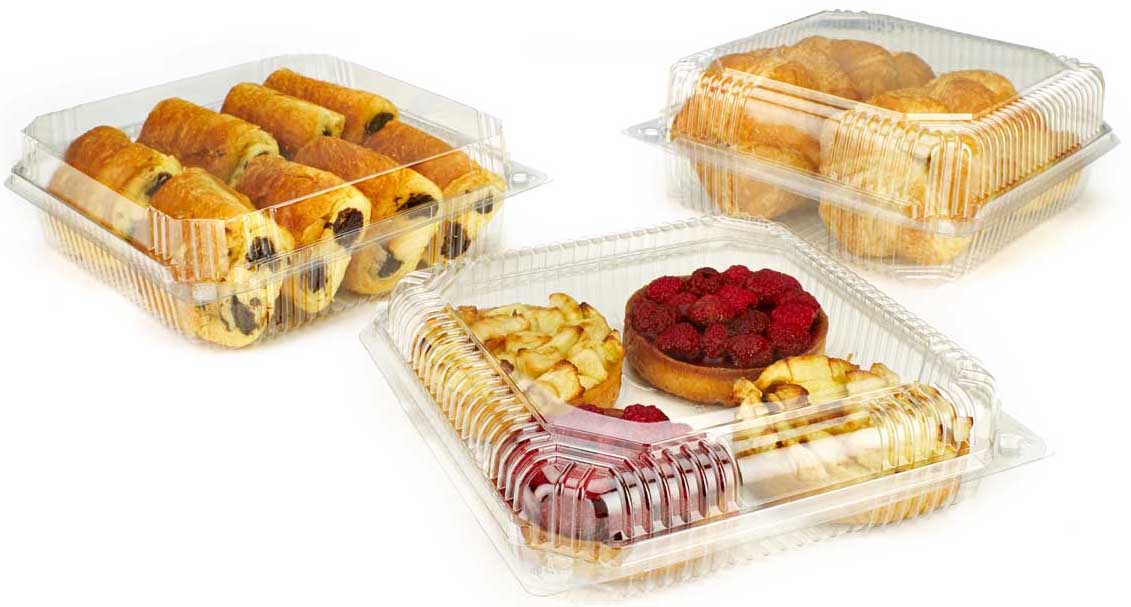PLA-Premium bioplastic is the perfect substitute for the traditional plastic for rigid bakery and pastry packaging
The grades developed by ADBioplastics enhance elasticity and are less brittle than PLA while maintaining transparency.
Publicado el lunes, 02 de noviembre de 2020 a las 14:44
European regulations for 2030 strongly push towards a sustainable model with the planet. That is why most national and international supermarkets are incorporating products with recycled or compostable packaging in their linear products. ADBioplastics emerged precisely to respond to this need within the food industry. Among the 8 grades that the Valencian startup has developed, the biobased, biodegradable, and compostable grade PLA-Premium E-1120 stands out. It stands out for the barrier properties it provides, far superior to those existing today in the bioplastics market, specifically the permeability to water vapor or oxygen. It also highlights the mechanical properties that enhance elasticity making the material less brittle than conventional PLA while maintaining transparency in the containers. “We can say that our PLA-Premium has become the ideal substitute for traditional plastic. To the mentioned properties, we must add the processability of our material since it behaves like a traditional plastic, even if it is a bioplastic. Besides, we focus on rigid packaging and especially on thermoformed bakery and pastry containers (clamshells)”, Lorena García, Managing Director of ADBioplastics, has said.
Different samples in pellets have been sent to several manufacturers in the food sector on a national and international scale, and the feedback has been very positive. “The coronavirus has slowed our entry into the market. Now, according to our forecasts, at the beginning of 2021 we will already start with the supply of the first orders in bakery and pastry shops”, García has explained. The reactor they have at the chemical plant can manufacture about 120 tons of PLA-Premium per year.
ADBioplastics is dedicated to the development and manufacture, to measure, of BIOplastics for the food, cosmetic, textile, 3D printing, and construction sectors. The product known as PLA-Premium is biobased because it is produced from corn, sugar cane, and/or beet, as well as biodegradable and compostable; which means that, under industrial conditions, it disintegrates 90% turning into CO2, compost, and water. A process that will help comply with the European Union’s Plastics Reduction Directive set for 2030.

